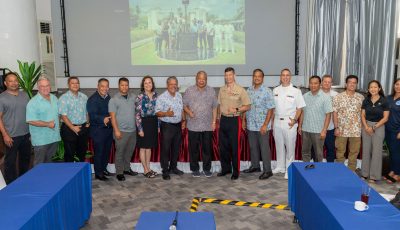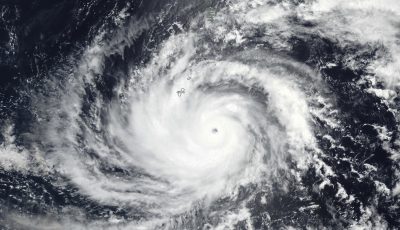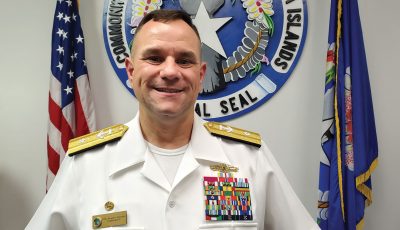How to think about Bette Bolivar and the Navy in the Marianas: Cultural support methods
The Navy made a very conscious effort to slot a competent, motivated military leader into the job of Commander of Navy Forces Marianas (COMNAVMAR). Bill French, the Navy’s top guy overseeing naval installations worldwide, and the outgoing Chief of Naval Operations and former COMNAVMAR chief himself, Jonathan Greenert, made the considered decision to slot Rear Adm. Bette Bolivar into the job for two reasons.
First, she is a qualified woman. The military overall has learned to place women in more key roles in order to further increase the likelihood that it can accomplish whatever mission sets they are set out to do. For Army non-conventional combat units in Afghanistan, for example, women are actively involved in collecting information and developing relationships with other women in order to achieve the intended set of missions. For the Navy, it was a very conscious effort to slot in Ms. Bolivar due to the series of ongoing and expected stressors produced by the military that will continually impact, both negatively and in some instances positively, many islanders in the Marianas.
Second, she is Pacific Islander by background. Ms. Bolivar was the perfect choice because she readily understands island cultures because she herself is an islander who grew up in the Pacific Basin. The desired outcome the Navy wants to achieve in this instance is to have islanders feel greater connections to locally stationed military leaders than would otherwise be the case. The Navy is doing this to help grow community support for the military as the Pentagon continues to press to further transform the Marianas, which includes their desire to take Pagan and increase activities on Tinian, which I do not support.
I would argue that this is the Navy’s way to establish politically sustainable relationships because looking past Ms. Bolivar, there seems to be not much else the Navy is doing in terms of community relations beyond painting schools, conducting soft recruiting efforts, and seeking to insert itself into the island chain without the consent of villagers and residents. I would also argue that these actions are needs-based efforts and would not take place if it were not for the military’s desire to transform the Marianas into one large ammo box, submarine base, naval facility sprawl, and firing range.
Rick Perez
Hanover, NH



























